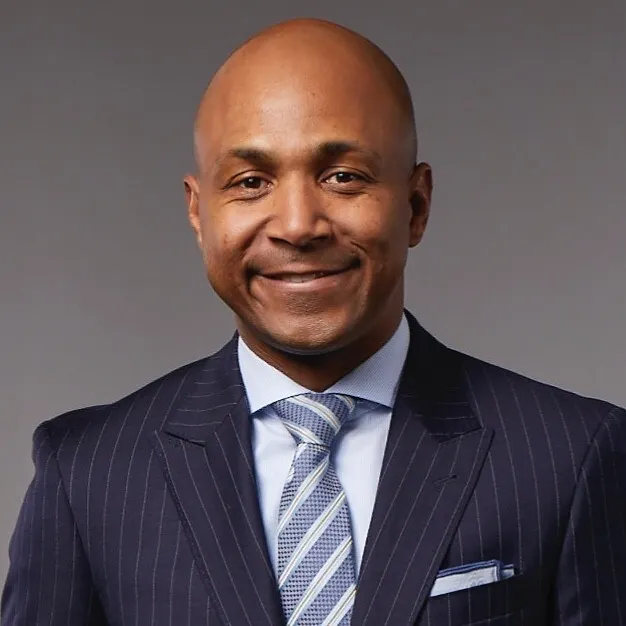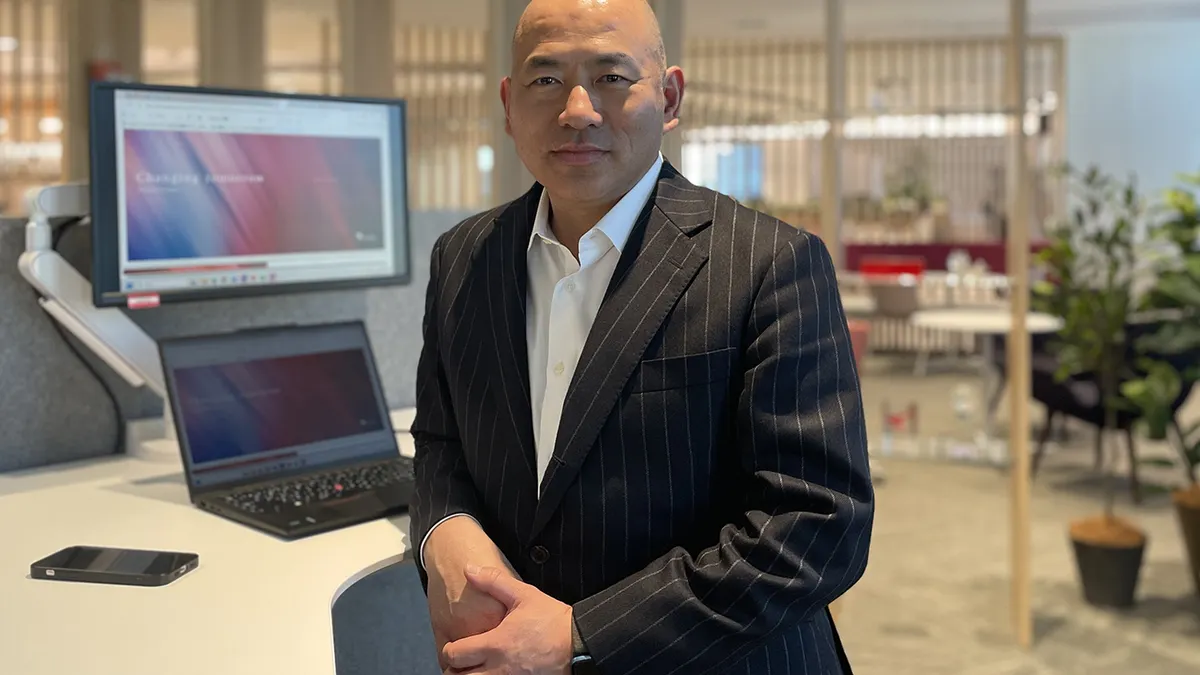CFOs who are the most satisfied in their jobs are not just building their own resumes, but they’re also developing leadership skills that bring a direct benefit to their companies and co-workers.
Over the past few months, I’ve had the chance to interview CFOs from companies of all different sizes and with different perspectives on what leadership means to them. Below are some insights they shared on how leadership endeavors directly and positively impact their companies.
Kevin Bueso, CFO of Chicago’s Regional Transportation Authority (RTA)
In an interview for a story about his new role, Bueso spoke about how he can form bonds within his volunteering network that can turn into resources down the line.

“As it relates to my volunteer work, as a community, the number of people and resources you bring into your network with a strong knowledge base is super valuable. You can meet people that you can count on as resources for advice or perspective down the line.”
“If your organization is having an issue, maybe another organization is having the same issue, and those people that you meet outside of your workday can be a source for a solution. And with all that, if you act as a resource to them, it boosts your credibility as a leader.”
Bryan Hipsher, CFO, Dun and Bradstreet
In a Q&A interview, Hipsher spoke about how his experience as a college basketball player has impacted his leadership skills. Just like with his teammates, Hipsher focuses now on providing the resources needed for his employees to have the best and most welcoming work environment.

“The health and well-being of our employees are especially important, and we strive to provide the best working environment. Employees enjoy a positive work culture and environment with great employee engagement and participation.”
“Employees are given the tools they need to be successful and support a growth mindset. We support our employee resource groups in their meaningful work to ensure team members feel comfortable with bringing their authentic selves to work. Team members are provided with opportunities to be their best selves in an environment conducive to purposeful work and authenticity.”
Marcus Glover, CFO of Bally’s Corporation
In a recent Q&A about his return to the casino and gambling industry, Glover spoke about how being a leader helps progress his industry towards inclusion. According to Glover, while there is still work to be done, more leadership positions are being pursued and held by those from different backgrounds.

“I’ve seen the significant impact that diverse representation can have throughout organizations and the customers and communities these organizations serve. Customers, more than ever, are aligning with companies and choosing brands they believe reflect their values and backgrounds.”
“The industry has made some progress, but still has some ways to go. I take pride in the fact Bally’s has a diverse employee base and executive team. All of our C-level officers are of diverse backgrounds, which I believe offers diversity in thought and perspective, thereby leading to better economic outcomes for our organization.”
Tim Zue, CFO and executive vice president, Boston Red Sox
In a recent discussion, Zue broke down his leadership style and how it translates into direct results on employee morale. Zue said a large part of using the power a leadership position provides to enhance employee experience is to acknowledge and celebrate individual wins.

“An important element of leadership for me is celebrating successes and rewarding people for successes. We make sure we have an employee of the quarter, and we have employee recognition at every town hall.”
“We recognize the importance of acknowledging employee achievement in both public, and sometimes a private way, and that motivates people to want to keep succeeding. People want to strive to be employee of the quarter, people want to strive to be recognized at a town hall, and they want to strive to get a bonus at the end of the year for the recognition of their good work.”
Jay Jung, Founder and CEO, Embarc
In a previous interview, Jung talked about work-life balance. As both a CEO and a fractional CFO, he spoke about how leadership is more than just making people happy through high salaries and easy workflows. Good leadership is all about creating a path for your best employees to grow their careers.

“Compensation and work-life balance are certainly important factors but I don’t think that is going to be the winning formula. There are more so table stakes at this point. What attracts high performers is the opportunity to have an impact, grow professionally and personally, and receive the recognition that comes with it.”
Chris Young, CFO, Montage Partners
In an interview about the relationship between college athletics and business, Young spoke about how experience in collegiate sports can help create the traits needed for good employees to become great leaders.

“For the most part, I don’t factor in whether a candidate played collegiate sports into my hiring decisions. The most important factors for me are direct experience with the job duties and cultural fit.”
“Playing collegiate sports can often be an indicator of broader personality traits or ‘soft’ skills. These can include discipline, time management, leadership, and intrinsic motivation, all of which can be invaluable in today’s job market. I would encourage athletes to think through the life skills sports helped them develop and draw parallels to traits and skills that employers are asking for.”





















